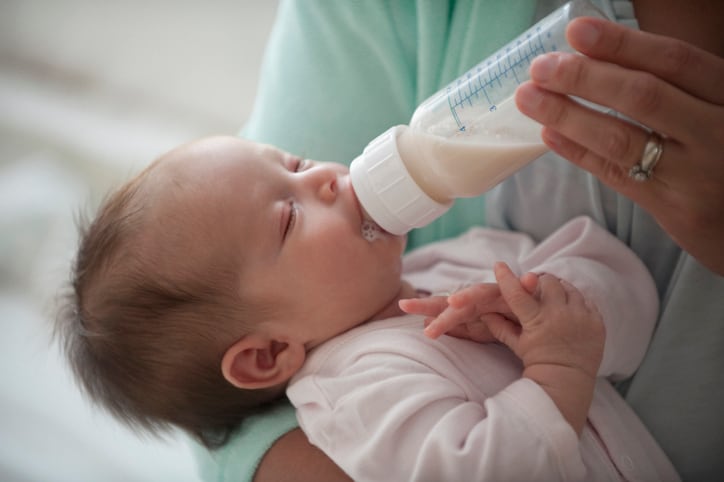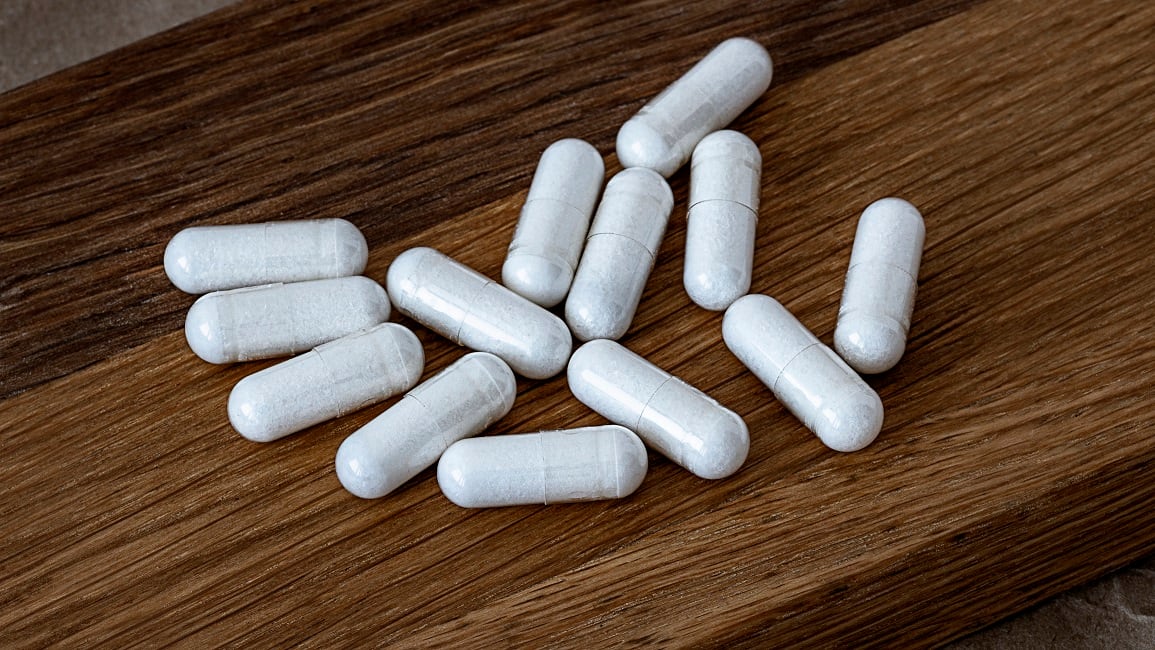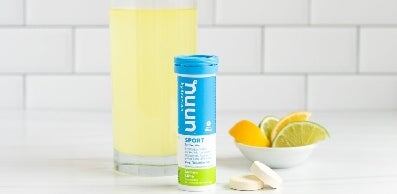The claims kerfuffle came about as part of a ‘Fast Track’ case brought before the National Advertising Division, which is part of the US-based Better Business Bureau National Programs.
Nestlé had challenged claims made on a Mead Johnson Nutrition (an RB division) Nutramigen brand infant formula. The formula includes DHA and the probiotic Enflora LGG.
The specific claims Nestlé challenged were:
- Nutramigen is "the only hypoallergenic formula with no sugar (sucrose) added.”
- Nutramigen is "the only hypoallergenic formula with probiotics to support immune system and digestive health.”
- Nutramigen is "the only hypoallergenic brand with expert recommended DHA amount.”
RB decided for “business purposes” to immediately drop the claims. The NAD ruling that RB’s decision overlapped the start of the case, so it will remain open while it reviews RB’s compliance. NAD noted that the ‘fast track’ approach was warranted in this case as it was unlikely to have to spend time reviewing complex science to determine whether these particular claims were supported by market evidence.
Nestlé has its own claims issues
Nestlé has had its own issues with the claims surrounding its infant formulas. In late June the European Food Safety Authority (EFSA) ruled that there was insufficient evidence to support the company’s claim that a peptide blend in its product lessened the risk of children developing atopic dermatitis.
The EFSA panel noted that Nestlé had been relying heavily on animal studies of the effect. The one randomized, placebo controlled human study done on the effect had methodological problems that threw its conclusions into doubt, the panel ruled.
The Swiss food giant has also been taken to task by watchdog organizations for claiming that its infant formulas are “being close to breast milk or inspired by breast milk,” which the groups alleged is against the marketing code of the World Health Organization.
Despite those allegations, which were raised in a 2019 report by the groups Changing Markets Foundation and SumOfUs, Nestlé still advertises some of its Gerber infant formulas as being “our closest to breastmilk.”




